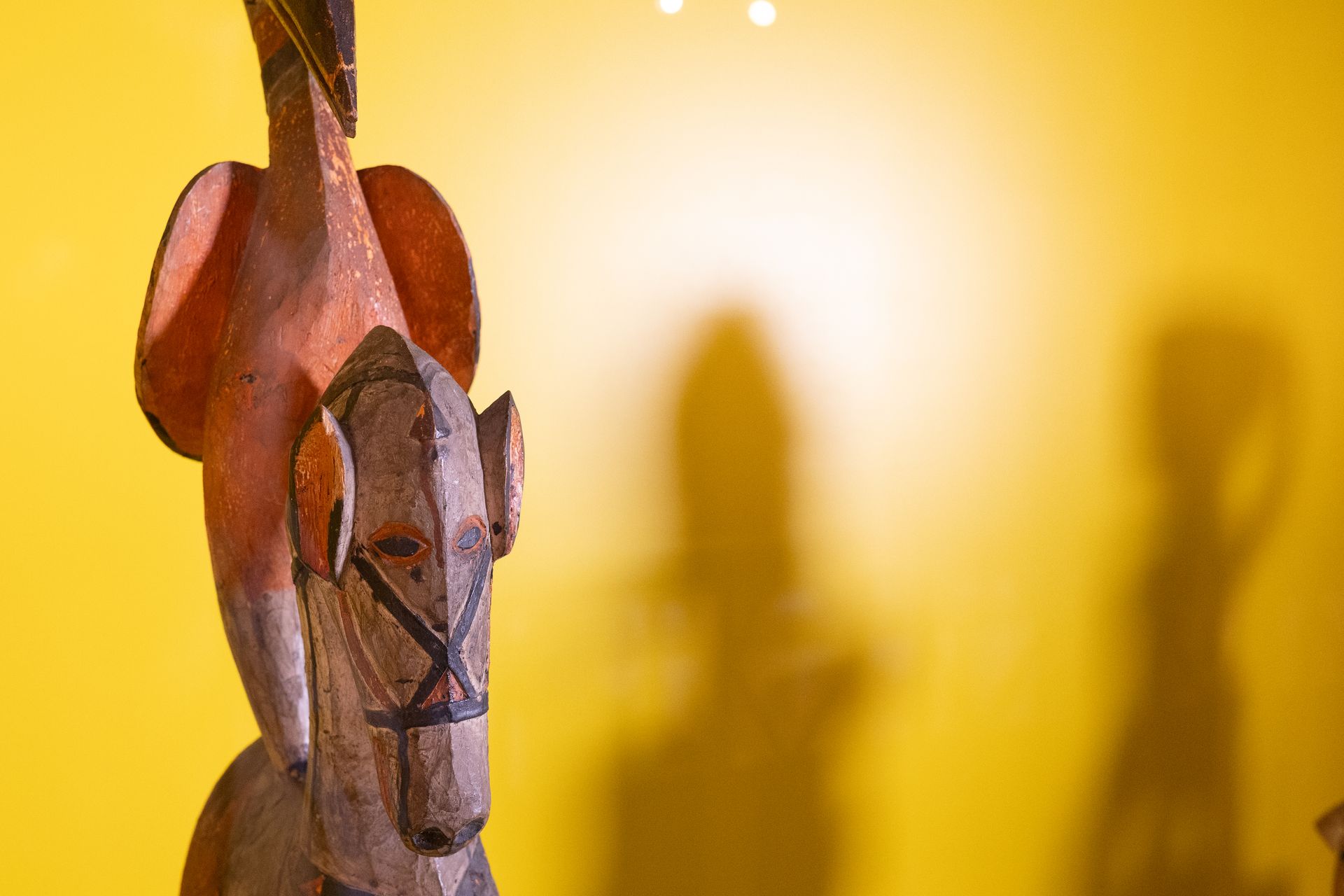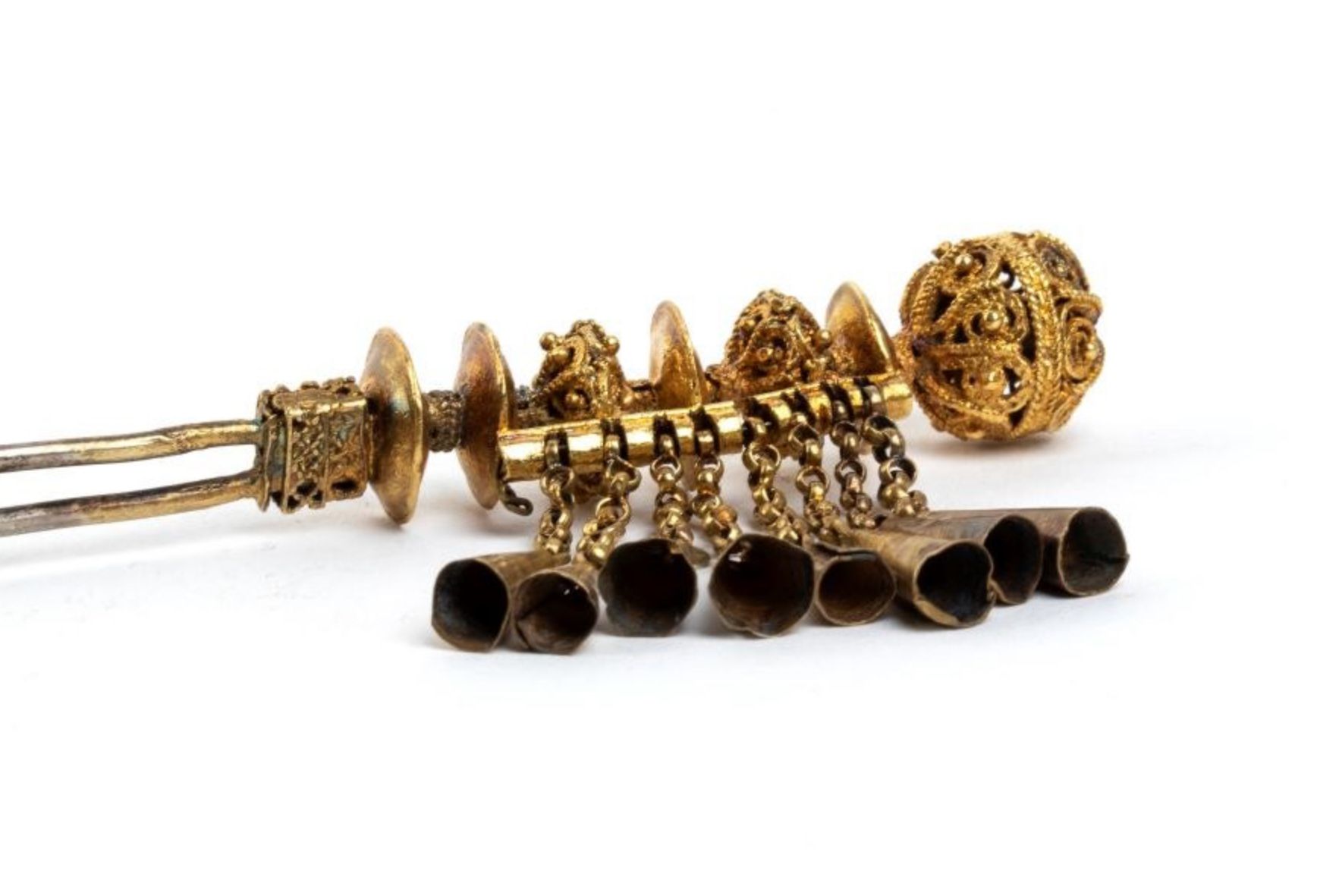Cultural Restitution
SHARE ARTICLE
Despite last week’s verdict by the Dutch Court of Appeal to return the Crimean treasures known as the Scythian gold to Ukraine and not to the Crimea, don’t expect the treasures to return to Kiev any time soon and don't expect there not to be wider consequences.
Loaned by four Crimean museums to Amsterdam’s Allard Pierson Museum in 2014 for an exhibition The Crimea: Gold and Secrets of the Black Sea, the Scythian gold artefacts were already on display in the Netherlands when Russia annexed Crimea in February/March 2014. After the exhibition ended, there've been years of legal wrangling, all focussed on where the loans should be returned.
Seven years ago, the four lending museums launched a legal campaign to have them returned to Crimea, now under Russian control. However, Ukraine has been fighting their own campaign, insisting instead they belong to the cultural heritage of the Ukrainian state.
After several previous appeals, a final judgement last week by Judge Pauline Hofmeijer-Rutten ruled that the artefacts should be returned to Ukraine, “pending stabilization of the situation in Crimea.”
The Court made this decision on the grounds that Ukraine’s own 1995 Law of Museums and Museum Affairs, introduced to protect Ukraine’s national heritage after gaining independence from the Soviet Union in 1991, places a greater responsibility on the state for conserving museum objects than any other legal arrangement. The strengths of the state’s case to preserve these objects “outweigh the interests of Crimean museums,” according to the Court.
“Although the museum pieces originate from Crimea and to that extent may be considered a part of Crimean heritage,” said the judges, “they are part of the cultural heritage of the Ukrainian State as it has existed as an independent state since 1991.”
As a result, they directed the artefacts should be returned to the National Museum of History of Ukraine in Kiev.
Ukrainian’s President, Volodymyr Zelensky tweeted his delight with this “long-awaited victory”. After the Scythian gold “we’ll return Crimea”, he insisted.
But the directors of the Crimean museums who loaned the artefacts were less than happy, fearing they may never see these golden treasures again. Speaking outside the courthouse, the lawyer representing the four museums said: “The goods are considered to be of Ukrainian heritage and are to be given back. But there is no ‘back’ because it never belonged to Kiev’s museums.”
And the Russians? They’ve denounced the verdict, calling it a “biased decision”, politically motivated and setting “a dangerous precedent.” They’re preparing to open a criminal probe into the case. While the gold itself remains in storage at the Allard Pierson Museum in Amsterdam, the Crimean museums are likely to launch a further appeal, which in turn is likely to be supported by Russia.
Although wider geopolitics have been a significant factor in this long-running dispute, it does raise questions for other museum loans.
The Dutch Court of Appeal avoided wading into the question of who really ‘owns’ these artefacts, focussing their judgement instead on the question to whom they should be returned. But in the process, it’s highlighted the issue of how far the responsibilities of a sovereign state override the legal rights of a regional collection that believes their rights of ownership are inviolate. When future loan agreements are negotiated, a museum may have to consider whether there’s a risk their loan may be returned to an alternative collection.
As Crimean (and Russian) lawyers ponder the launch of a fresh appeal, they might also be asking the question: at what point can the situation in Crimea ever be considered ‘stabilized’?
After this was written....
Nearly two years after the Dutch Court of Appeal's verdict, on 9 June 2023 the Dutch Supreme Court reinforced their decision, ruling that more than 1,000 of these gold objects on loan from four different museums in Crimea and one museum in Kiev should be returned to Ukraine. The Supreme Court said the Allard Pierson Museum "must return these artistic treasures to the State of Ukraine and not to the museums in Crimea." Since the Allard Pierson exhibition, The Crimea: Gold and Secrets from the Black Sea, closed in 2014, both the Ukrainian and Russian governments have declared themselves the rightful owners of these cultural treasures. However, the original loan agreements between the lending museums and the two Dutch museums that hosted the exhibition, describe the objects as part of the "Museum Fund of Ukraine". The agreement also says the receiving museums "realize that the exhibits of the exhibition are the property of Ukraine and world civilization and shall take all possible measures to avoid their loss and damage."
Photo: Judge Pauline Hofmeijer-Rutten at the Dutch Court of Appeal preparing to read the Court's verdict on the Scythian gold treasures
Courtesy of Peter Dejong/AP/TASS
More News



